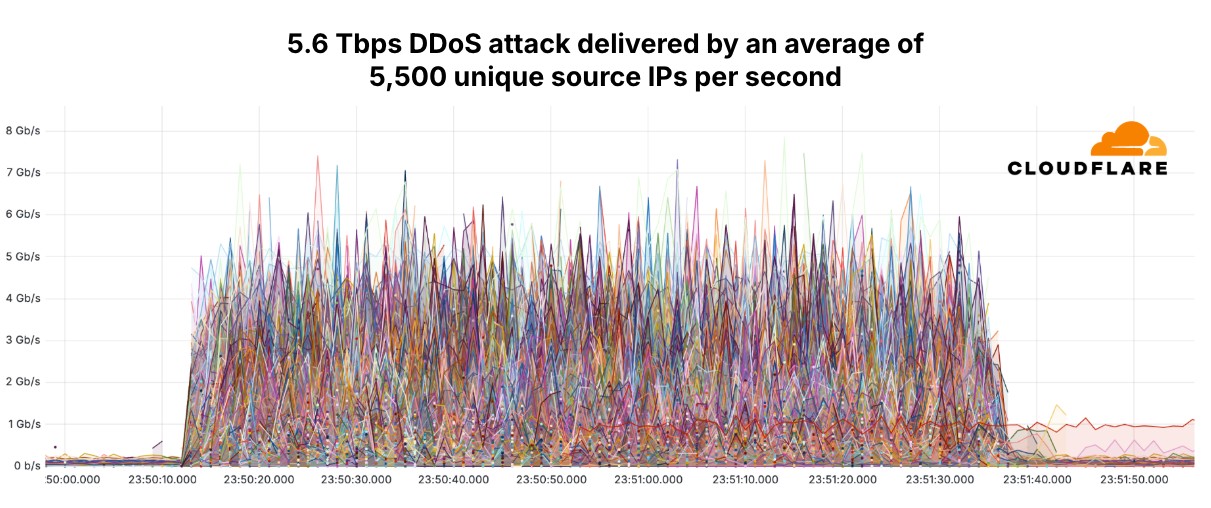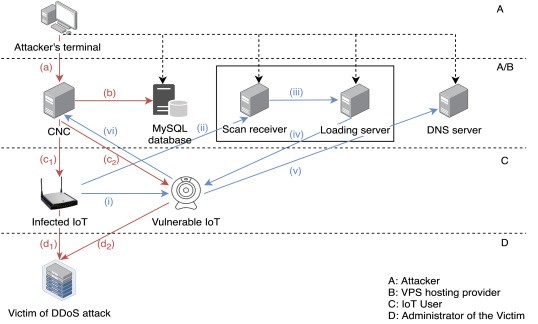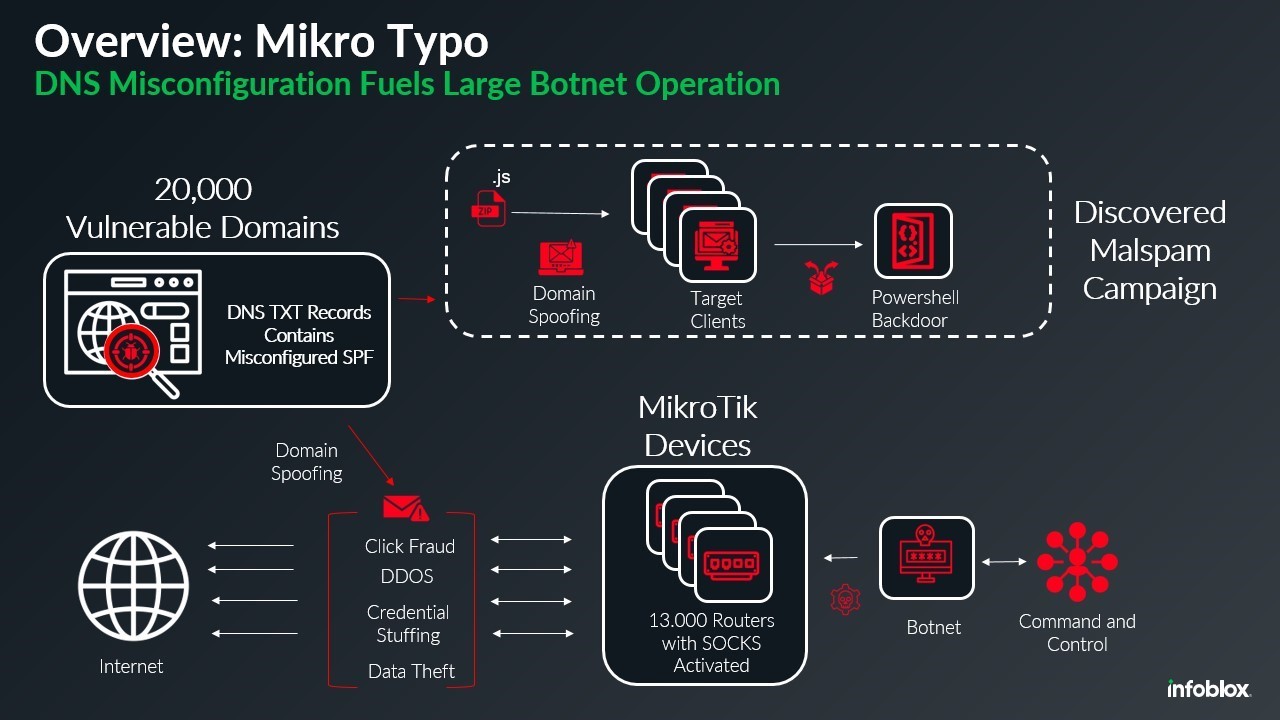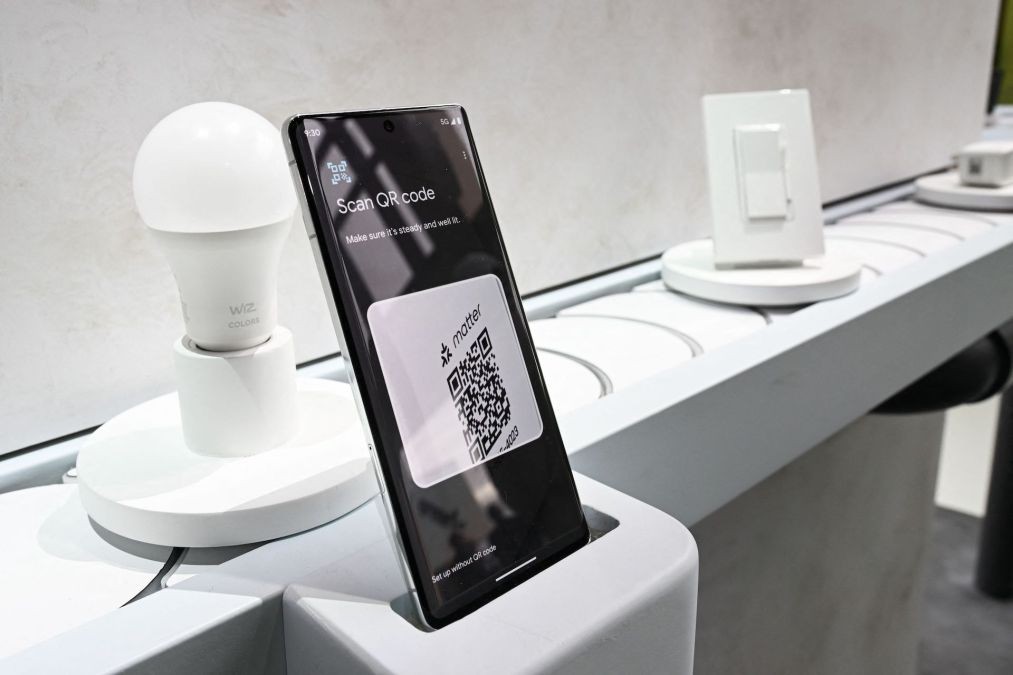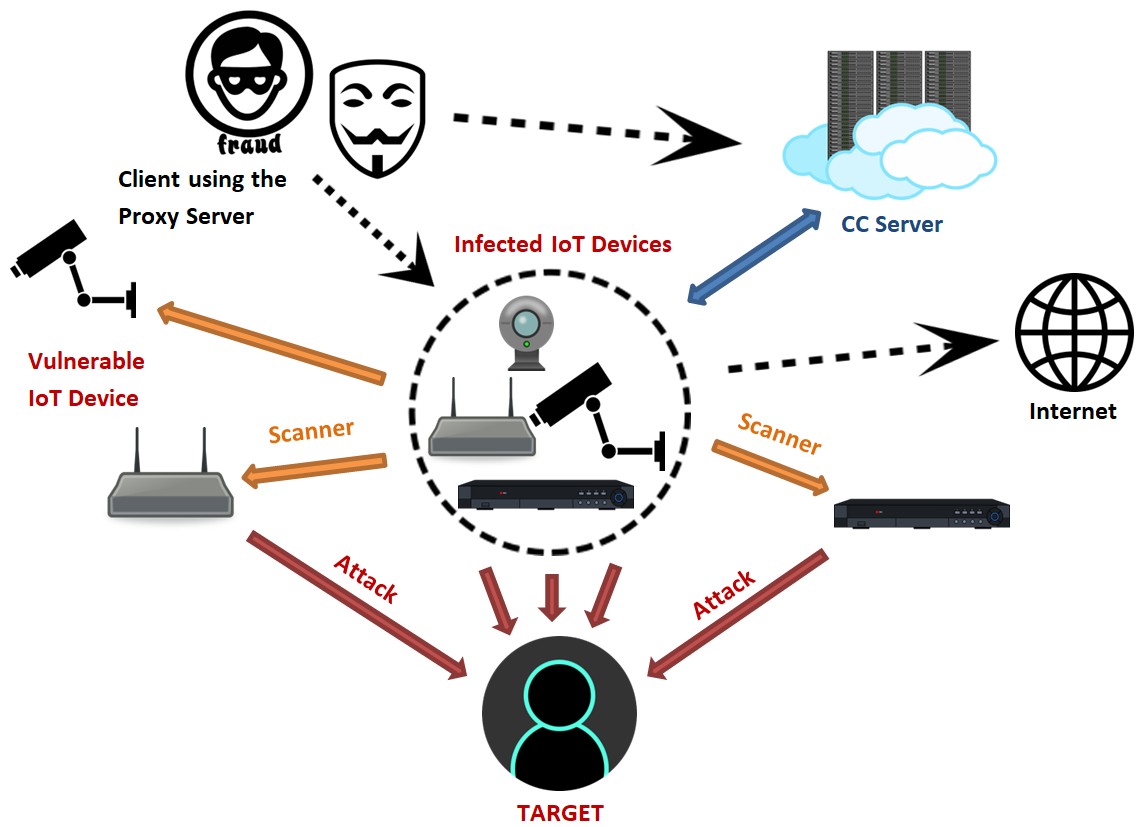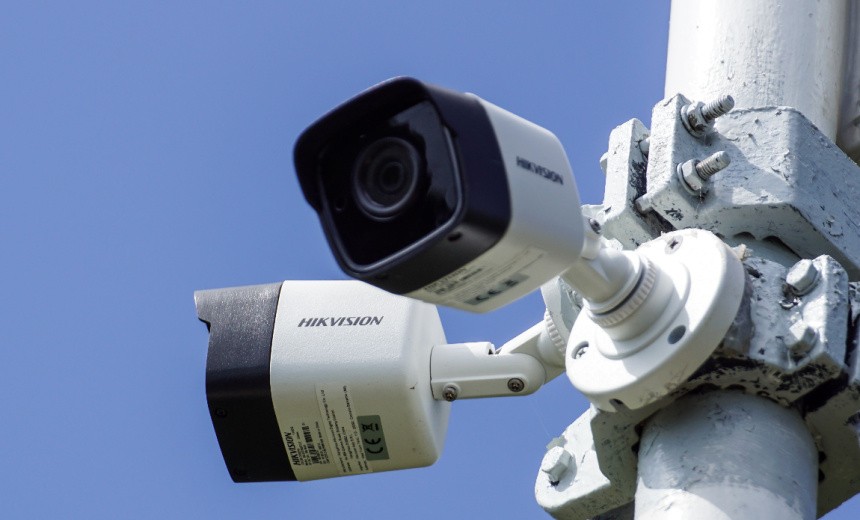Critical Security Flaw in Subaru Starlink System Exposed Vehicle Control and Location Data
Security researchers discovered a major vulnerability in Subaru's Starlink system that could allow hackers to track vehicle locations and control door locks through compromised admin accounts. The flaw, which affected vehicles across multiple countries, was swiftly patched after disclosure but highlights growing cybersecurity risks in connected cars.
Record-Breaking 5.6 Tbps DDoS Attack Exposes Growing IoT Botnet Threat
A variant of the Mirai botnet orchestrated history's largest DDoS attack at 5.6 Tbps, utilizing over 13,000 compromised IoT devices. The incident highlights an alarming 53% increase in DDoS attacks through 2024, with botnets responsible for nearly three-quarters of HTTP-based attacks.
Murdoc Botnet: New Mirai Variant Compromises Over 1,300 IoT Devices Globally
A dangerous new variant of Mirai malware called Murdoc Botnet is actively targeting Avtech cameras and Huawei routers worldwide through critical vulnerabilities. The campaign has already infected over 1,300 devices across Southeast Asia and Mexico, with researchers identifying hundreds of malicious servers distributing the threat.
Massive MikroTik Router Botnet Exploits DNS Flaws to Launch Malware Campaign
A sophisticated botnet comprising 13,000 hijacked MikroTik routers is exploiting DNS misconfigurations to distribute malware while impersonating legitimate domains. The campaign uses compromised devices as SOCKS proxies to bypass email security and deliver malicious payloads through spoofed shipping notifications.
IoT Security Breakthrough: Industry Unites to Combat Cyber Threats
A transformative shift in IoT and edge device security is underway, driven by unprecedented industry collaboration and enhanced standards. Companies are now sharing critical threat intelligence and implementing advanced security measures, marking a departure from past secretive approaches.
White House Unveils Cyber Trust Mark: A New Security Standard for Smart Devices
The U.S. government introduces a voluntary cybersecurity certification program for IoT devices, similar to EnergyStar, with major retailers already on board. The initiative aims to help consumers identify smart devices meeting federal security standards, with certified products expected to hit shelves by late 2024.
Security Researcher Hijacks Drone Control Through Wi-Fi Vulnerability
A security investigation revealed significant vulnerabilities in consumer drone systems, specifically the Parrot Anafi, which allowed unauthorized control through simple Wi-Fi connectivity. Researchers successfully reverse-engineered the drone's communication protocol to execute takeoff and landing commands using only a laptop.
Moxie Robot Maker Races to Open Source Platform Before Shutdown
Embodied, facing imminent closure, is developing OpenMoxie to save their $800 children's emotional support robots from becoming paperweights. While the company attempts to preserve basic functionality through open source software, most customers won't receive refunds for their soon-to-be-defunct devices.
Mirai Botnet Targets Juniper Networks Routers in New DDoS Campaign
A new wave of Mirai botnet attacks is targeting Juniper Networks' Session Smart Router devices by exploiting default passwords. The compromised systems are being used to launch DDoS attacks, prompting Juniper Networks to issue urgent security recommendations for SSR users.
Chinese-Linked HiatusRAT Malware Targets Security Cameras in Global Cyber Campaign
The FBI warns of an expanding malware operation targeting IoT devices, particularly security cameras and DVRs from Chinese manufacturers. The HiatusRAT campaign, potentially linked to Chinese state interests, exploits vulnerabilities across multiple countries while focusing on defense-related intelligence gathering.

